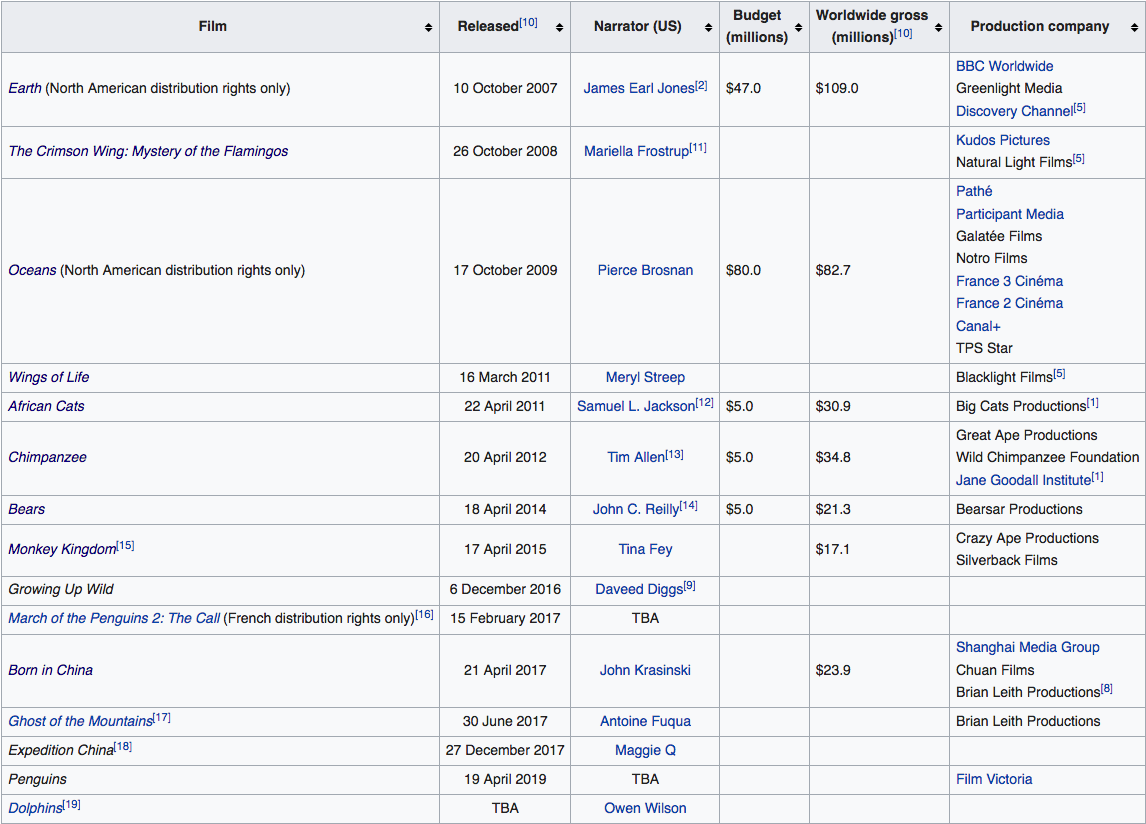Why Green Party politics must explicitly oppose white supremacy
In the 2000’s, the environmental movement faced an internal crisis. In some quarters, it had failed to maintain an explicit and open opposition to white supremacy, sex/gender/orientation oppression, and other forms of bigotry. As a result, the notorious white supremacist publisher and activist John Tanton infiltrated and co-opted the vocabulary and platform of struggle for livable ecology so to promote his own noxious brand of hatred towards our Latinx brothers and sisters. This video from the period detailed the matter (please note any shortcomings of its analysis should be acknowledged in part to its age as a documentary from a specific time period).
Tanton was not an aberration or one-off. Indeed, the Green movement in other countries has also encountered this.
In Germany, where the Green Party political movement originated in the 1970s, neo-Nazis began to enter the party in the 1980s, a matter documented and analyzed for American audiences by Janet Biehl and Peter Staudenmaier in their 1992 volume Ecofascism: Lessons from the German Experience.
That challenge has remained on the periphery of environmentalist politics for decades. This is because there is a convergence of values between the Green philosophy in some quarters and Fascism as a historical socio-political project. The German philosopher Martin Heidegger is considered one of the most influential thinkers of the twentieth century and his Being and Time is ranked one of the most important philosophical texts in the Continental tradition. His high esteem for the natural world and rebuke of modern industrial society in the name of the natural, bucolic landscape does anticipate many of the themes that emerged when the environmental movement began to form in the 1960s and ’70s. However, Heidegger was also a convert to the Nazi Party and its high estimation of “blood and soil”, a development that scandalized his pupils and caused Hannah Arendt to break with her old professor and mentor.
The late Murray Bookchin saw the shadow of Heidegger within the coordinates of Deep Ecology, a philosophy that vied with his Social Ecology project for the ideological heart and soul of the environmental movement. He wrote in 1987
Deep ecology has parachuted into our midst quite recently from the Sunbelt’s bizarre mix of Hollywood and Disneyland, spiced with homilies from Taoism, Buddhism, spiritualism, reborn Christianity, and in some cases eco-fascism, while social ecology draws its inspiration from such outstanding radical decentralist thinkers as Peter Kropotkin, William Morris, and Paul Goodman, among many others who have advanced a serious challenge to the present society with its vast hierarchical, sexist, class-ruled, statist apparatus and militaristic history.
Let us face these differences bluntly: deep ecology, despite all its social rhetoric, has virtually no real sense that our ecological problems have their ultimate roots in society and in social problems. It preaches a gospel of a kind of “original sin” that accurses a vague species called humanity — as though people of color were equatable with whites, women with men, the Third World with the First, the poor with the rich, and the exploited with their exploiters. Deep ecologists see this vague and undifferentiated humanity essentially as an ugly “anthropocentric” thing…that is “overpopulating” the planet, “devouring” its resources, and destroying its wildlife and the biosphere… Deep ecology, formulated largely by privileged male white academics, has managed to bring sincere naturalists like Paul Shepard into the same company as patently antihumanist and macho mountain men like David Foreman of Earth First! who preach a gospel that humanity is some kind of cancer in the world of life.
It was out of this kind of crude eco-brutalism that Hitler, in the name of “population control,” with a racial orientation, fashioned theories of blood and soil that led to the transport of millions of people to murder camps like Auschwitz. The same eco-brutalism now reappears a half-century later among self-professed deep ecologists who believe that Third World peoples should be permitted to starve to death and that desperate Indian immigrants from Latin America should be exclude by the border cops from the United States lest they burden “our” ecological resources.
It is for these reasons that a Green Party local must explicitly and intentionally from the outset state its opposition to white supremacy, xenophobia, sex/gender/orientation oppression, and other forms of bigotry that can and do emerge among American voters. If we honestly desire to see the Green Party of the United States become a mass membership party of working class people, it must embrace a class-based intersectional feminism whose foundational coordinates are based in internal and external anti-oppression struggle. It must oppose bigotry both in our wider communities and amongst its own membership so to create the Beloved Community that Dr. Martin Luther King, Jr. promoted in his philosophy.
The great W.E.B. Du Bois proposed this explanation for the logic of white supremacy in his classic Black Reconstruction in America:
Most persons do not realize how far [building Black-white unity] failed to work in the South, and it failed to work because the theory of race was supplemented by a carefully planned and slowly evolved method, which drove such a wedge between the white and black workers that there probably are not today in the world two groups of workers with practically identical interests who hate and fear each other so deeply and persistently and who are kept so far apart that neither sees anything of common interest.
It must be remembered that the white group of laborers, while they received a low wage, were compensated in part by a sort of public and psychological wage. They were given public deference and titles of courtesy because they were white. They were admitted freely with all classes of white people to public functions, public parks, and the best schools. The police were drawn from their ranks, and the courts, dependent on their votes, treated them with such leniency as to encourage lawlessness. Their vote selected public officials, and while this had small effect upon the economic situation, it had great effect upon their personal treatment and the deference shown them. White schoolhouses were the best in the community, and conspicuously placed, and they cost anywhere from twice to ten times as much per capita as the colored schools. The newspapers specialized on news that flattered the poor whites and almost utterly ignored the Negro except in crime and ridicule.
Here is an interview taken from Black Agenda Radio featuring Jeffrey B. Perry, an independent activist/scholar whose work focuses upon fighting white supremacy within the ranks of workers in America by promoting the study of Hubert Harrison and Theodore W. Allen. “This is a white supremacist capitalist country. White supremacy has been central to how the ruling class has maintained control since the 17th century.”
The preceding views expressed are solely those of the author and do not necessarily imply explicitly or implicitly those of the wider Green Party Power Project membership.






